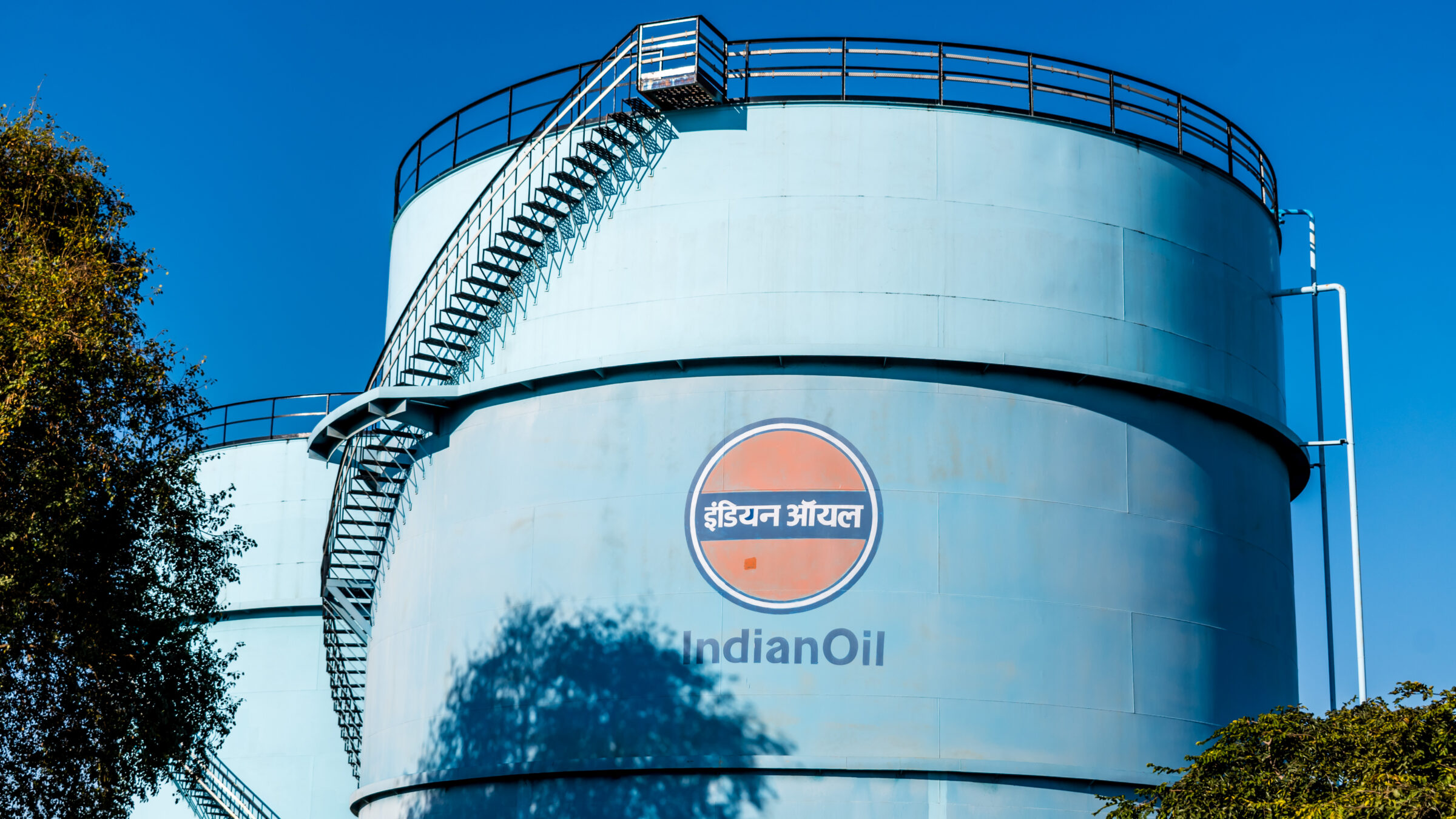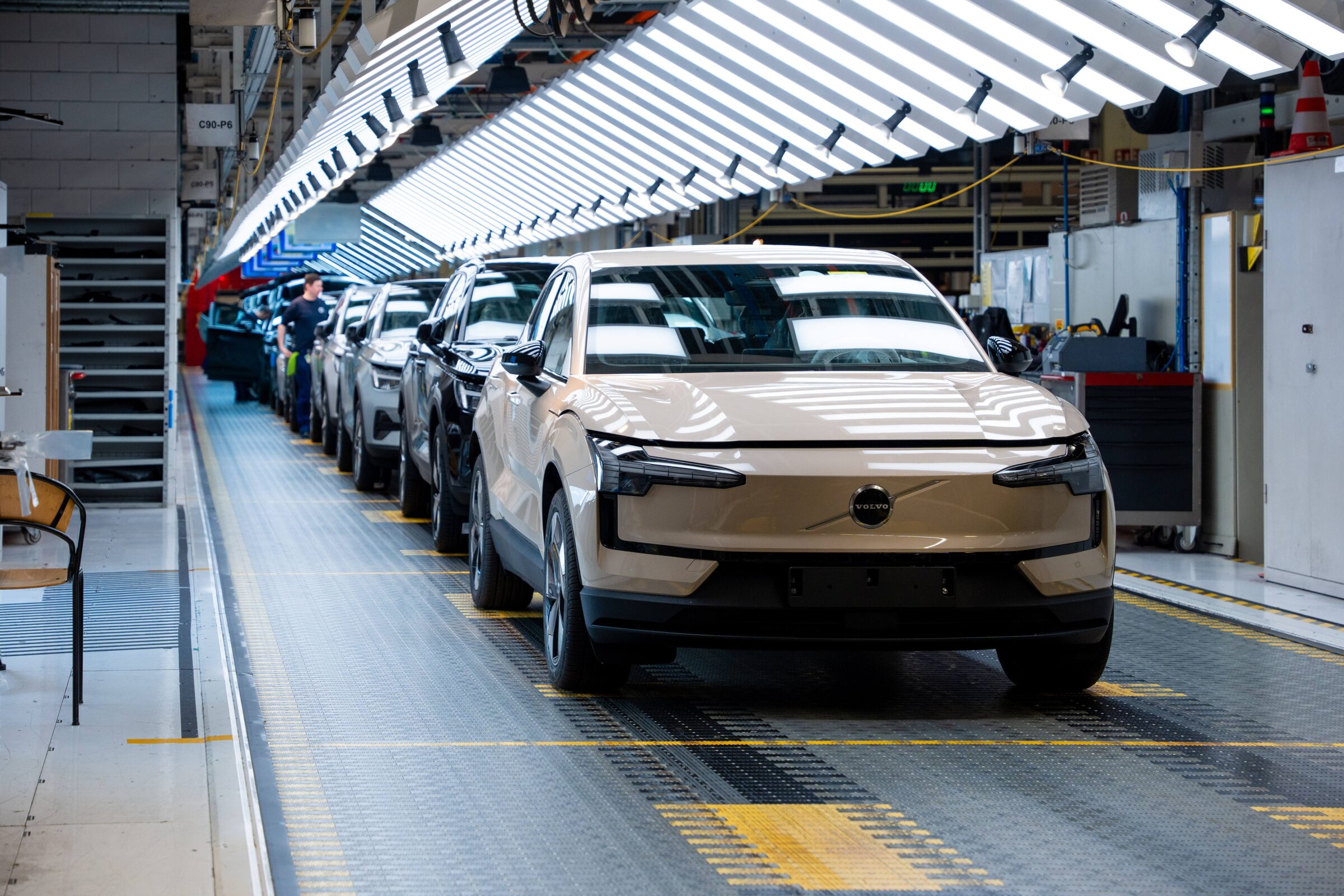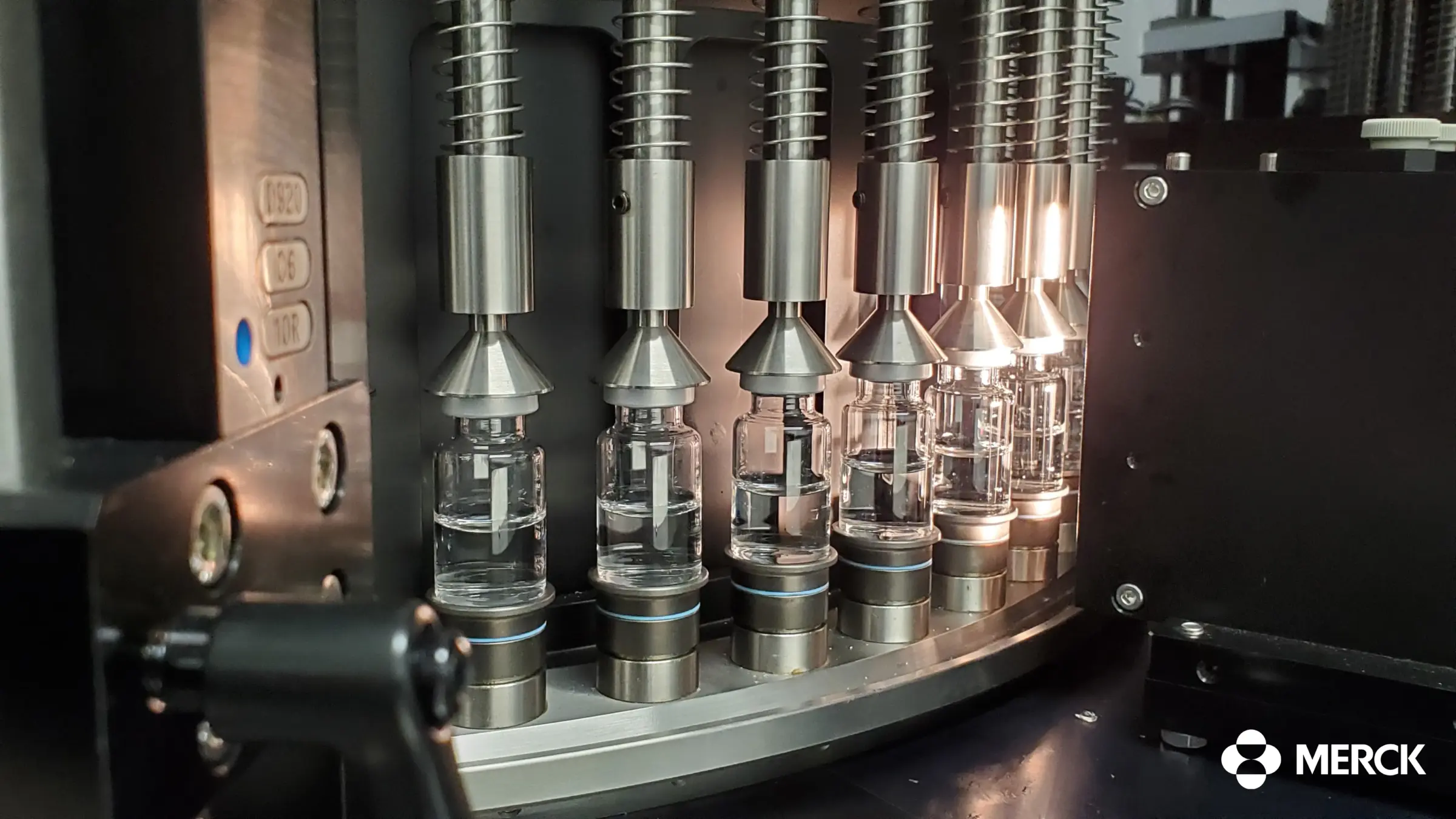500 JOBS PRODUCED IN WILMINGTON
Last week, Merck broke ground on its new $1 billion Merck Wilmington Biotech manufacturing facility in Delaware. The global biopharmaceutical company will construct a 470,000-sq.-ft. facility at Merck’s 164-acre Chestnut Run Innovation & Science Park, designed to support the launch and commercial production of next-generation biologics and therapies. This location will be the company’s first U.S. site to produce Keytruda, a cancer treatment drug. “The Merck Wilmington Biotech site represents our continued commitment to growing our investments in U.S. manufacturing and has the potential to create thousands of high-paying American jobs while ensuring that we can produce and distribute products close to patients right here in the U.S.,” said Merck Chairman and CEO Robert M. Davis. In addition to manufacturing and warehousing capabilities, the site will house a laboratory which is expected to be operational by 2028. Once complete, Merck will create 500 new jobs in the region with the potential of 1,500 additional jobs pending further expansions.

Getty Images
PORTFOLIO GROWTH IN GUJARAT
In order to adapt to India’s changing energy sector, the Indian Oil Corporation (IOC) will soon deliver a $2.9 billion transformation to its Gujarat Refinery in the city of Vadodara. The investment introduces two large petrochemical units to be installed at the refinery by the end of 2025. These additions will produce polypropylene and butyl acrylate, both of which are used in the paint, packaging and plastic industries. Currently, the site produces sulphur bentonite and linear alkyl benzene, used in soaps and detergents. This move aims to diversify the company’s operations in addition to fuel production. Petrochemicals make up only 5% of IOC’s product portfolio to date, a proportion expected to increase to 15% over the next five years.

Photo courtesy of Volvo Car Group
A NEW MODEL ARRIVES
Volvo has announced that production of its EX30 EV model has begun ahead of schedule at the company’s facility in Ghent, Belgium. “Following a decision in autumn 2023 to bring production of the EX30 to Ghent, we were able to industrialize the new model in record time,” said Volvo Ghent Plant Manager Stefan Fesser. “Thanks to the engagement and collaboration of the entire Ghent team, we cut the industrialization time in half. Today, we are extremely proud to welcome the EX30 and demonstrate that new technology and innovation enable us to react more flexibly to market demands.” To prepare for this moment, Volvo invested over $212 million at the site introducing a new car platform, installing nearly 600 robots, extending the battery hall and adding a new door production line and a battery pack assembly line. The addition of this model at the Ghent site will enable Volvo to meet future electric SUV demands in Europe. An EX30 Cross Country model will soon be added to the lineup. The project created 350 new jobs in the region.
Reports compiled and written by Alexis Elmore

